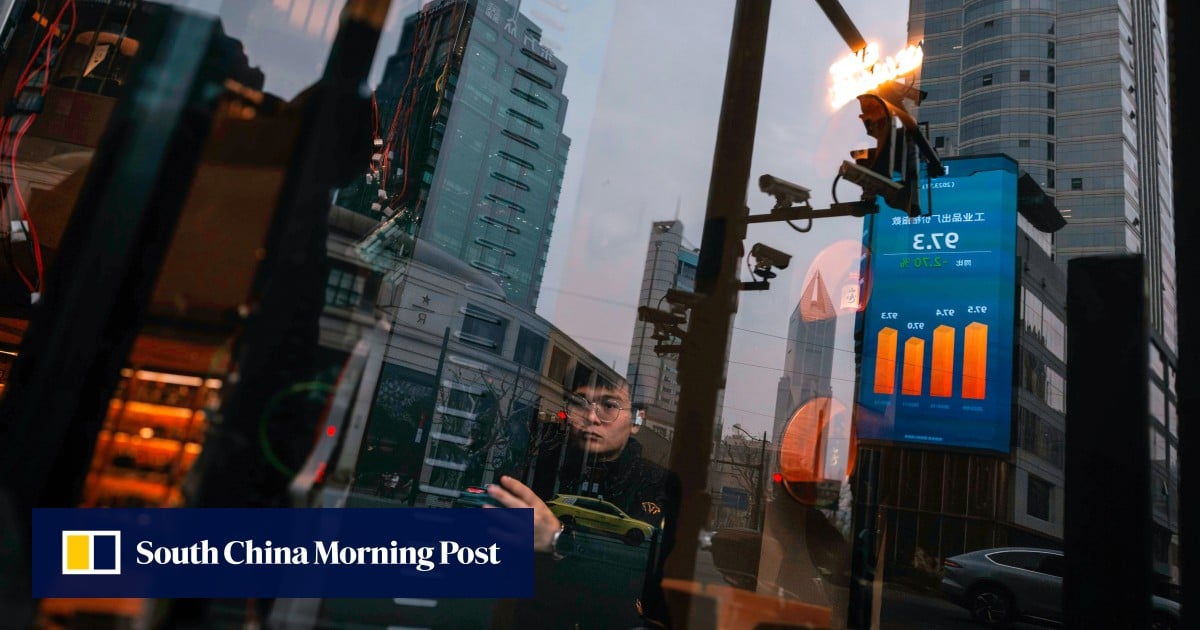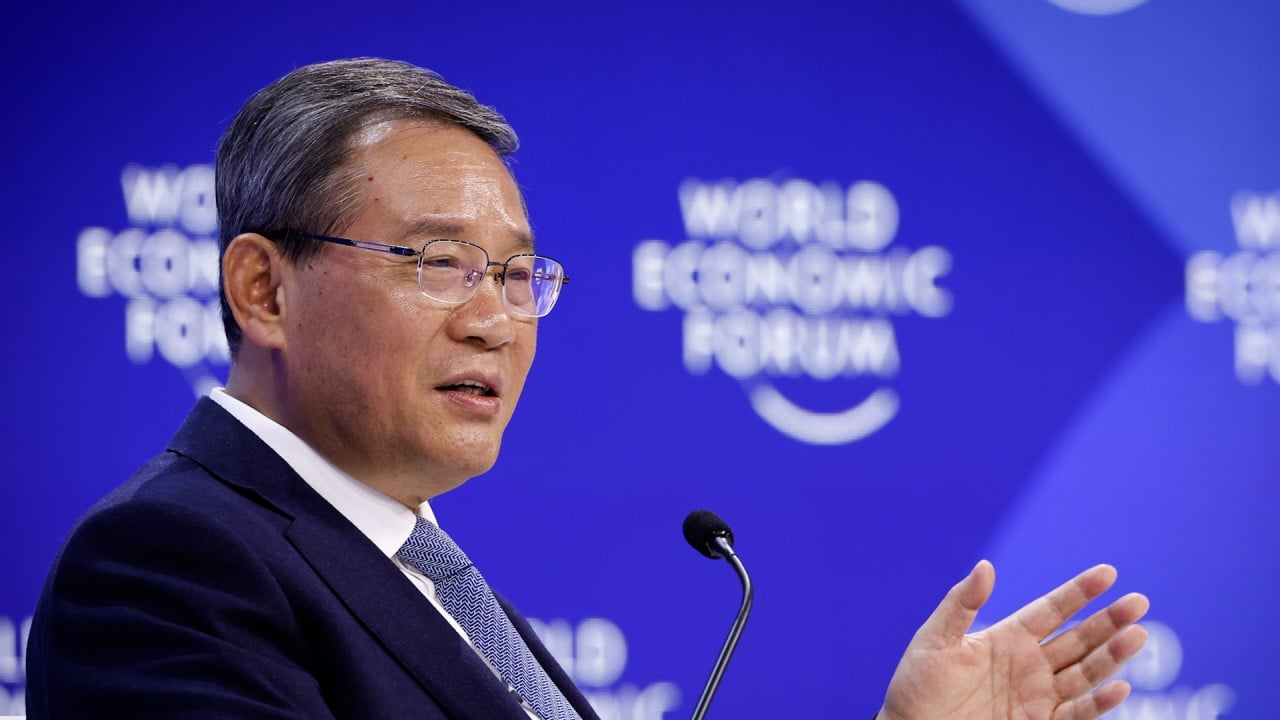
31 Jan Swiss bank Lombard Odier cuts China asset allocation amid challenges facing world’s second-biggest economy
Lombard Odier is the latest to sour on China, cutting allocation to the nation’s assets over concerns about the outlook for the world’s second-largest economy and geopolitical risks.
It is too early to take a positive view on Chinese assets, including stocks, bonds and the yuan, according to the Swiss private bank, which manages US$230 billion of assets globally.
The changes in strategic asset allocation reflect a reassessment of China’s long-term challenges, the bank said in a note to clients on Tuesday.
“Despite new steps to boost bank lending and equity markets, Chinese authorities seem unlikely to deliver catalysts that would sustainably reverse negative investor sentiment,” said Homin Lee, senior macro strategist at Lombard Odier. “A durable turnaround would require a credible reflationary package and structural reforms, which we think policymakers are unlikely to deliver.”
China recently initiated a number of measures to support the market, including injecting 1 trillion yuan (US$140 billion) of liquidity in the banking system and tightening rules on short-selling. The measures do not seem to have had an impact on the onshore markets.
Hong Kong eyes steps to attract IPOs from mainland China, Middle East: Paul Chan
Hong Kong eyes steps to attract IPOs from mainland China, Middle East: Paul Chan
The CSI 300 Index, which tracks the largest companies listed in Shanghai and Shenzhen, fell for a fourth day to erase the policy-driven gains last week. The Hang Seng Index in Hong Kong also reversed losses, staying on track to register the worst January since 2016.
Meanwhile, China’s economic data is set to show deteriorating sequential growth momentum, according to Nomura.
The latest government data showed manufacturing activity contracted for the fourth straight month in January. Consumer prices could also continue to show negative reading amid persistent disinflationary pressures, economists including Ting Lu said in a note on Wednesday.
“[It’s] too early to call the bottom,” the economists said. These figures are likely to worsen in the spring, and Beijing still needs to find the most effective measures to stem the downwards spiral in the property sector, they added.
While Chinese deflation is a domestic problem and a drag on global growth prospects, it is helping disinflation in major developed economies and their recovery from inflation shocks, Lombard Odier’s Lee said.
That will give developed markets’ central banks more room to cut interest rates in the months ahead, which should in turn support domestic growth, he said.
“Such views, as well as increasing geopolitical risks in a world of fracturing US and China-led blocs, support our preference for core portfolio holdings, including US equities and high-quality fixed income,” he said.

